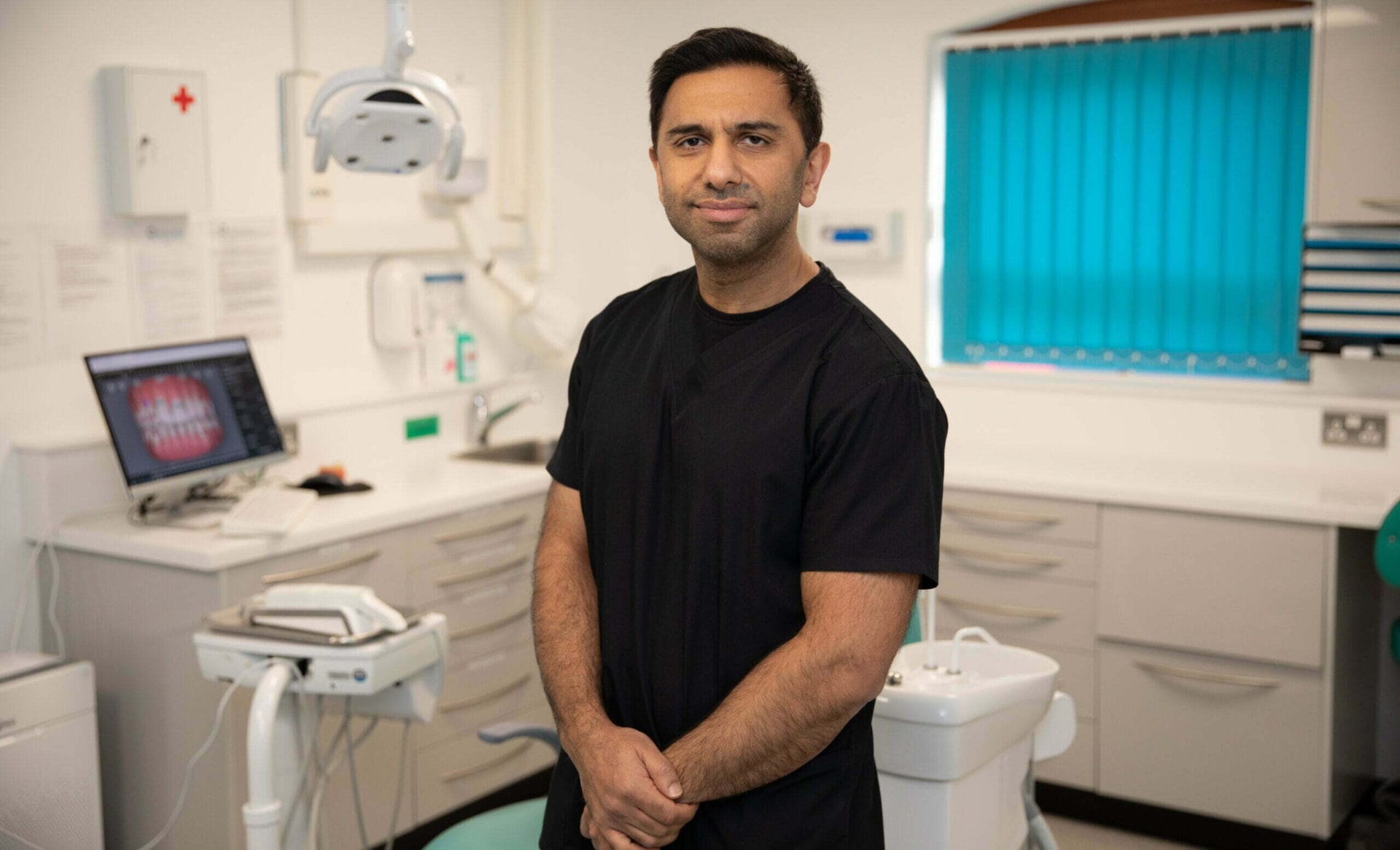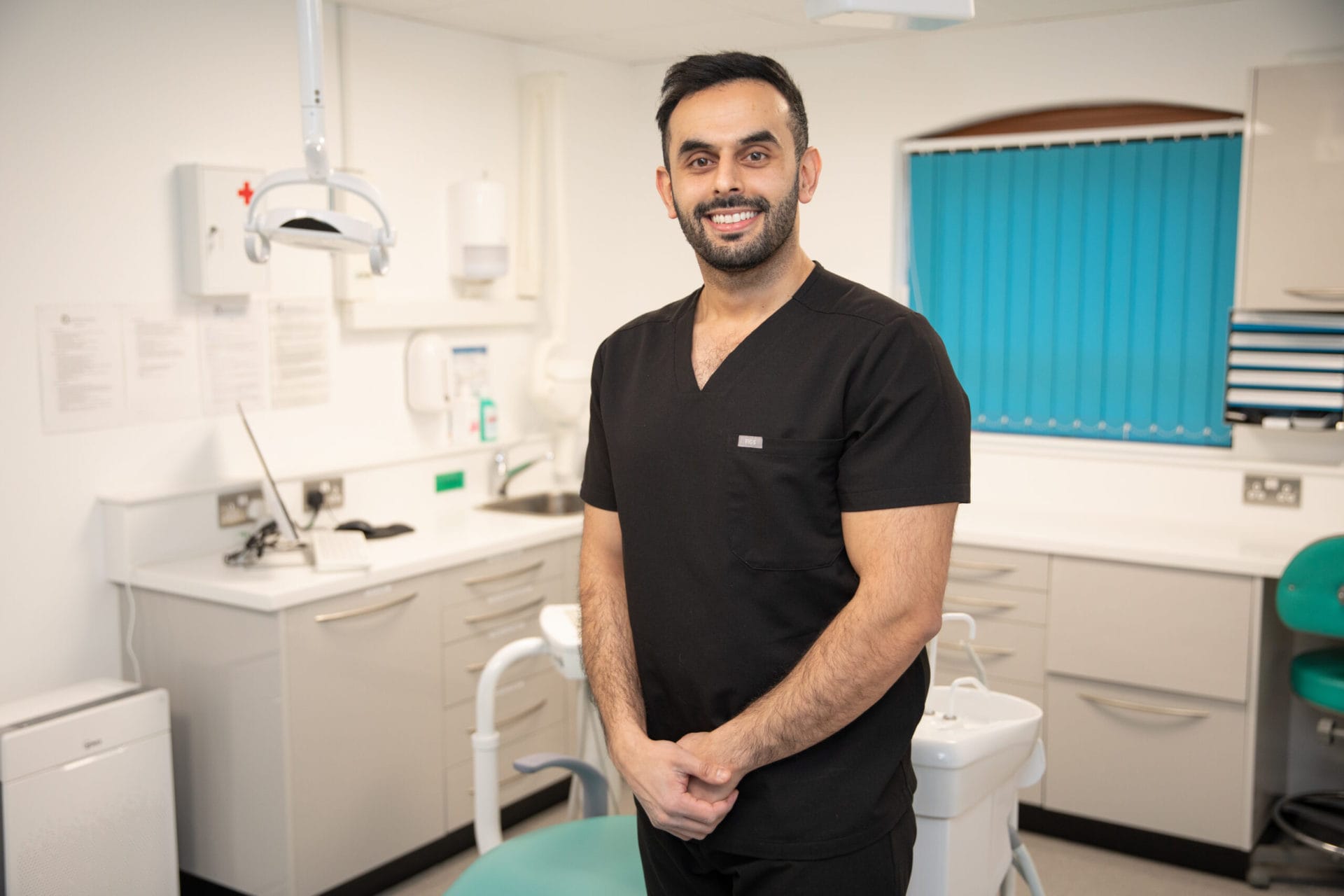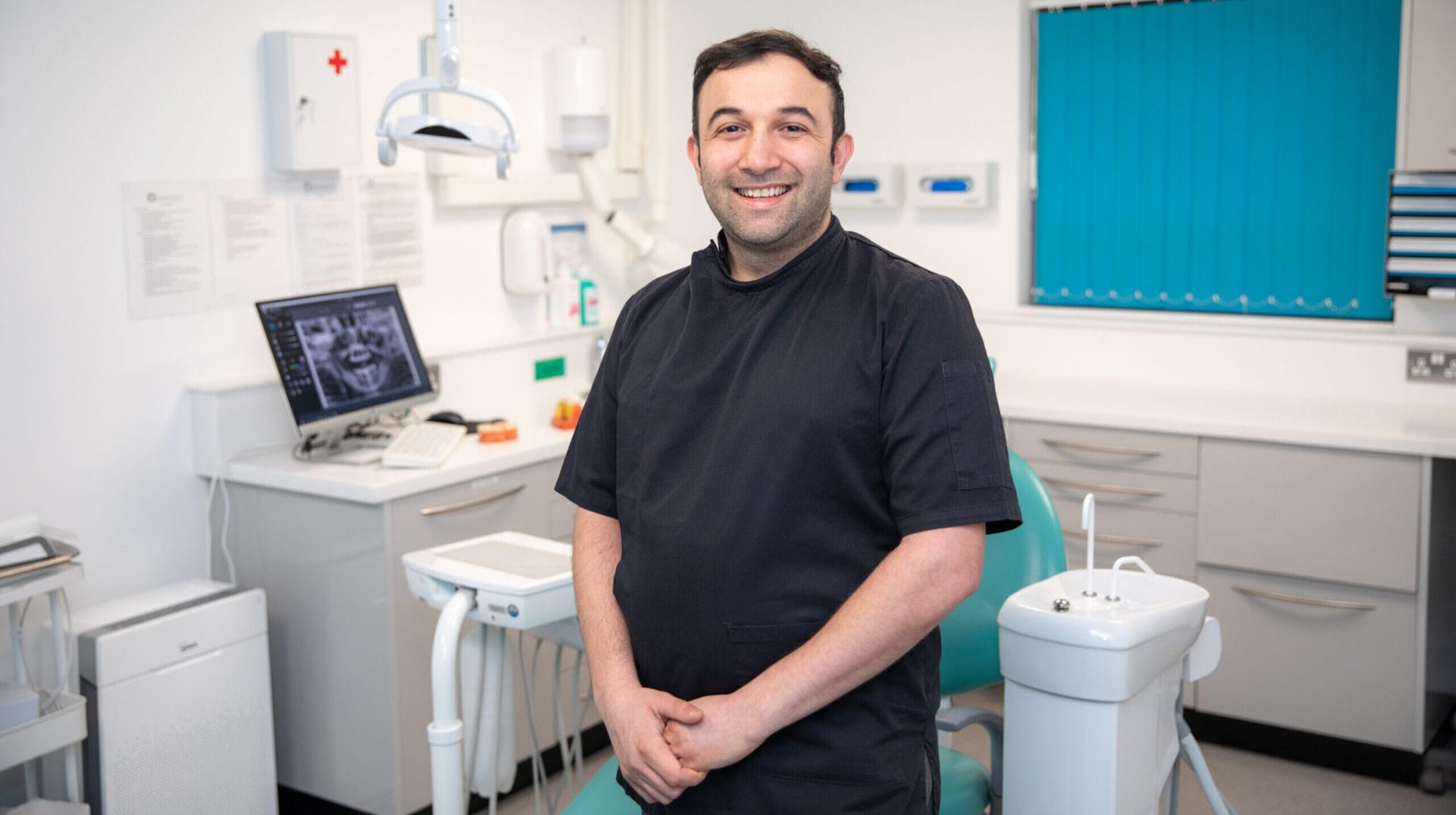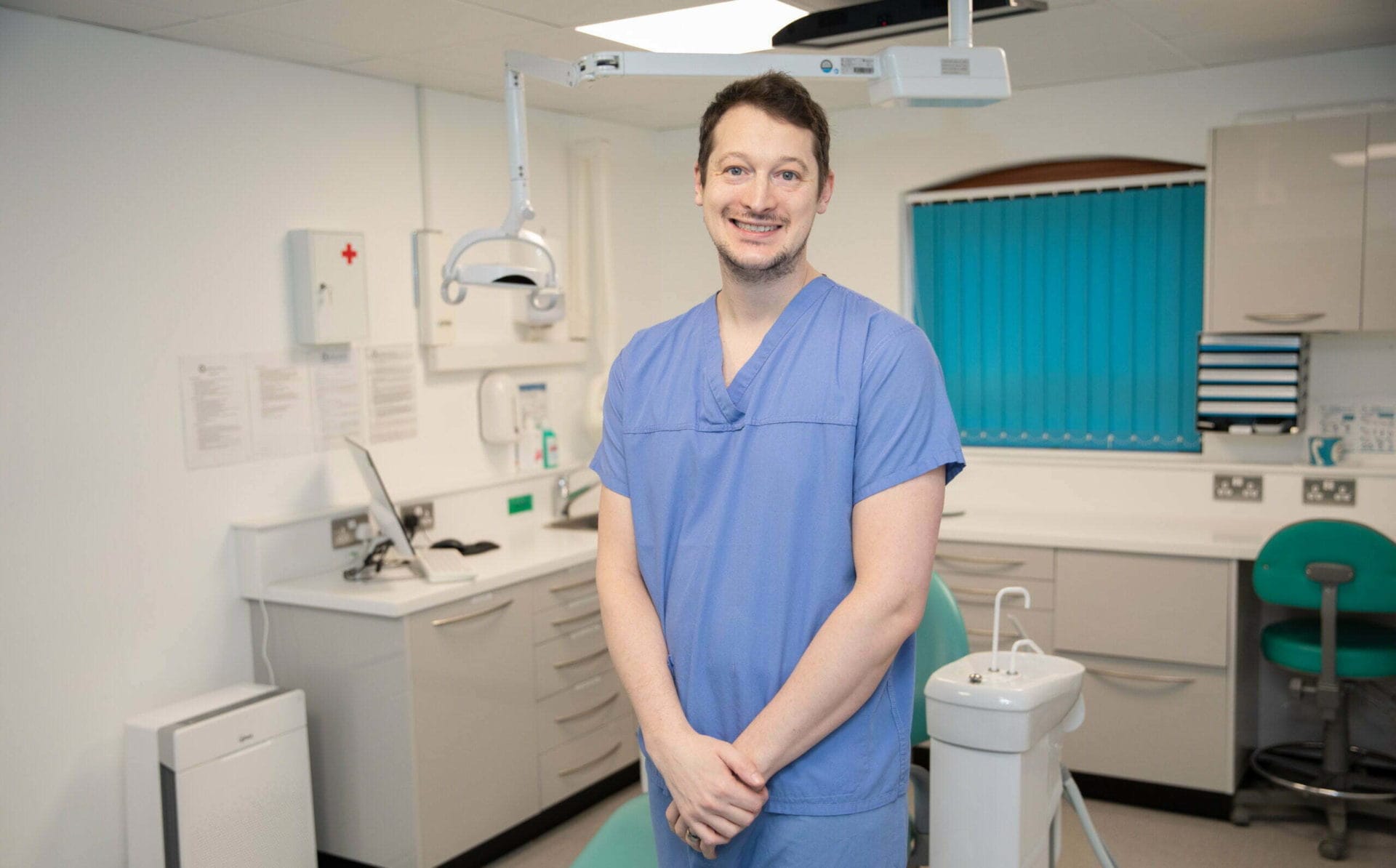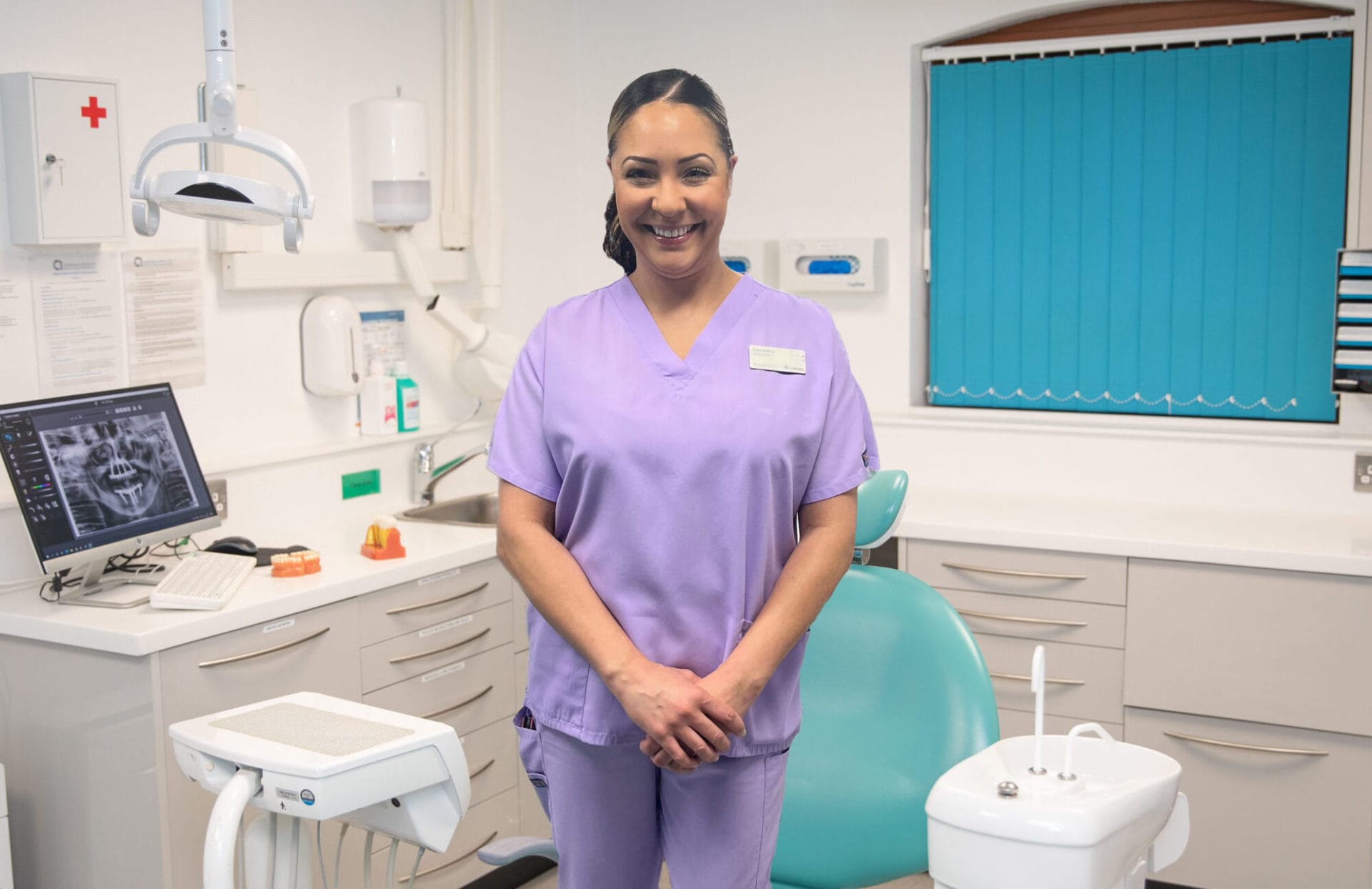What is the Best Way to Deal with Stained Teeth?
Teeth can become stained for a variety of different reasons, as a liking for a glass of red wine, or a coffee, tea or nicotine habit can all take its toll on the appearance of your teeth. Some people will have stained-looking teeth due to taking certain antibiotics, while genetics can also influence tooth colour. If you are less than happy with the colour of your teeth but are otherwise quite happy with their overall shape and arrangement, then there are quite a few things that we can do to help you and they are not even very expensive. The first thing you need to do is to book an appointment with Dr Ferakh Hamid. This will help determine the exact cause of your tooth discolouration, and Dr Hamid can discuss all the various treatments available with you. Scale and Polish Your treatment plan will depend on the severity of your tooth staining, as it could be all that’s required is a normal scale and polish. This helps to remove the build-up of tartar or calculus on your teeth which consists of hardened plaque bacteria. Tartar can develop if you miss certain areas of your teeth while brushing and flossing, and can only be removed by being scaled or scraped away. This can make quite a difference to the look of your teeth as tartar can appear quite yellow. Air Polishing However, if your staining is more severe then you might want to consider a process called air polishing. This is much gentler than normal scaling and polishing but is very effective at removing stains and tartar. You’ll find the process extremely comfortable as the stains are removed by a fine jet consisting of pressurised air and particles of bicarbonate of soda to gently polish your teeth. It is a very gentle yet effective way of cleaning your teeth, and we have a before and after photo on our website at www.aesthetique.me.uk which shows the dramatic difference that can be made. Tooth Whitening An alternative would be to have your teeth whitened. We offer two different types of whitening which include in-surgery whitening and at-home whitening kits using customised trays. For the best and brightest results, you might want to consider using a combination of both treatments. For this, we recommend using custom-made whitening trays at home for a few days, which kick-starts the process of whitening your teeth. The next step is to come into our surgery to have a more in-depth whitening procedure. You should see a considerable difference You should see a considerable difference by this stage. Treatment is followed up at home with continued use of the whitening trays. Covering up Stained Teeth Sometimes these treatments might not be enough to brighten up badly stained teeth as the stains can sometimes be internal. In this case, your cosmetic dentist may suggest using dental veneers or perhaps crowns to cover up the teeth. Another alternative would be to bond the tooth with composite resin which is a very cost-effective way of improving a smile. Book yourself in for professional teeth whitening in Leeds. If you’d like to know more about stain removal then you can always call in and make an appointment to see our dentist.
